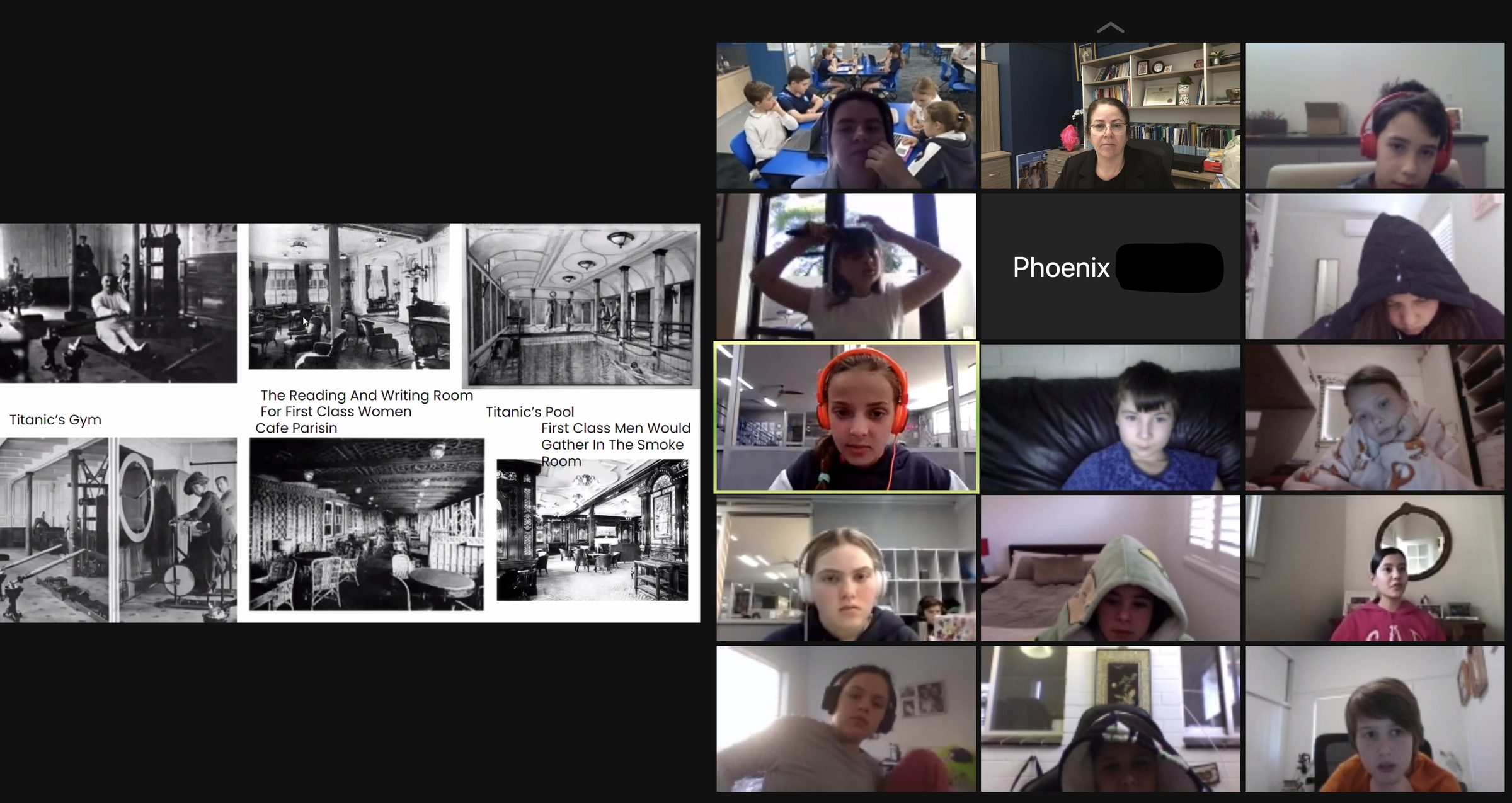Remote Learning

Homeschooling Article
Memo to parents and carers on homeschooling: ‘Don’t panic, and don’t feel guilty'
I recently read an article that I would like to share from The Guardian, Memo to parents and carers on homeschooling: ‘Don’t panic and don’t feel guilty’.
Dr Pasi Sahlberg is featured in this article and is the deputy director of UNSW’s Gonski Institute for Education. He is the former director-general of the Finnish education system and is widely recognised as one of the world's preeminent educational leaders. Pasi has connected with our school and expressed interest in visiting to see the innovative work that we are doing at St Raphael's. Unfortunately, lockdown restrictions over the last 18 moths have prevented him from visiting our school.
As we enter yet another week of remote online home learning I think it is a timely article to reflect on the impact on our children’s mental health over learning. There are some things parents and carers can do to support the well-being of students who are isolated from their classrooms.
“One of the things that parents and adults can do – and this includes all aged kids, teenagers and everyone – is to go and play with them,” says Sahlberg.
It sounds naive, says Sahlberg, but while play is a powerful means of learning, particularly for younger children, play can also offer all children and adults a way out of “this horrible situation” and be empowering for adults.
“There are five key areas of wellbeing – and this goes for adults as well: it’s about play, it’s about getting outside, it’s about exercising, it’s about socialising and it’s about monitoring engagement for news,” says Dr Brunker.
This means not having news on as background, and having age-appropriate discussions about what is happening in the world. It means accepting that children may have more screen time, that playing video games online with friends is good socialisation for older teens, setting up Zoom playdates for younger children where a parent might facilitate an activity while the other parents work. Encouraging independent tasks – like setting a Lego challenge where a child might work on something in the late morning with a big reveal at lunch – can benefit both children and the adults around them who need uninterrupted time to work.
But, supporting wellbeing also means letting something go. In Sahlberg’s house, it is accepting that neither adult will do a full day’s work, and neither child is expected to complete all of theirs.
“We’ve got to accept that not everything will get done,” says Brunker. “We’ve got to accept there will be distractions and ebbs and flows in motivation. We’ve got to accept they need time off, and some kids are going to need to say ‘You know what? I’m not looking at schooling today.’ And that’s OK.”